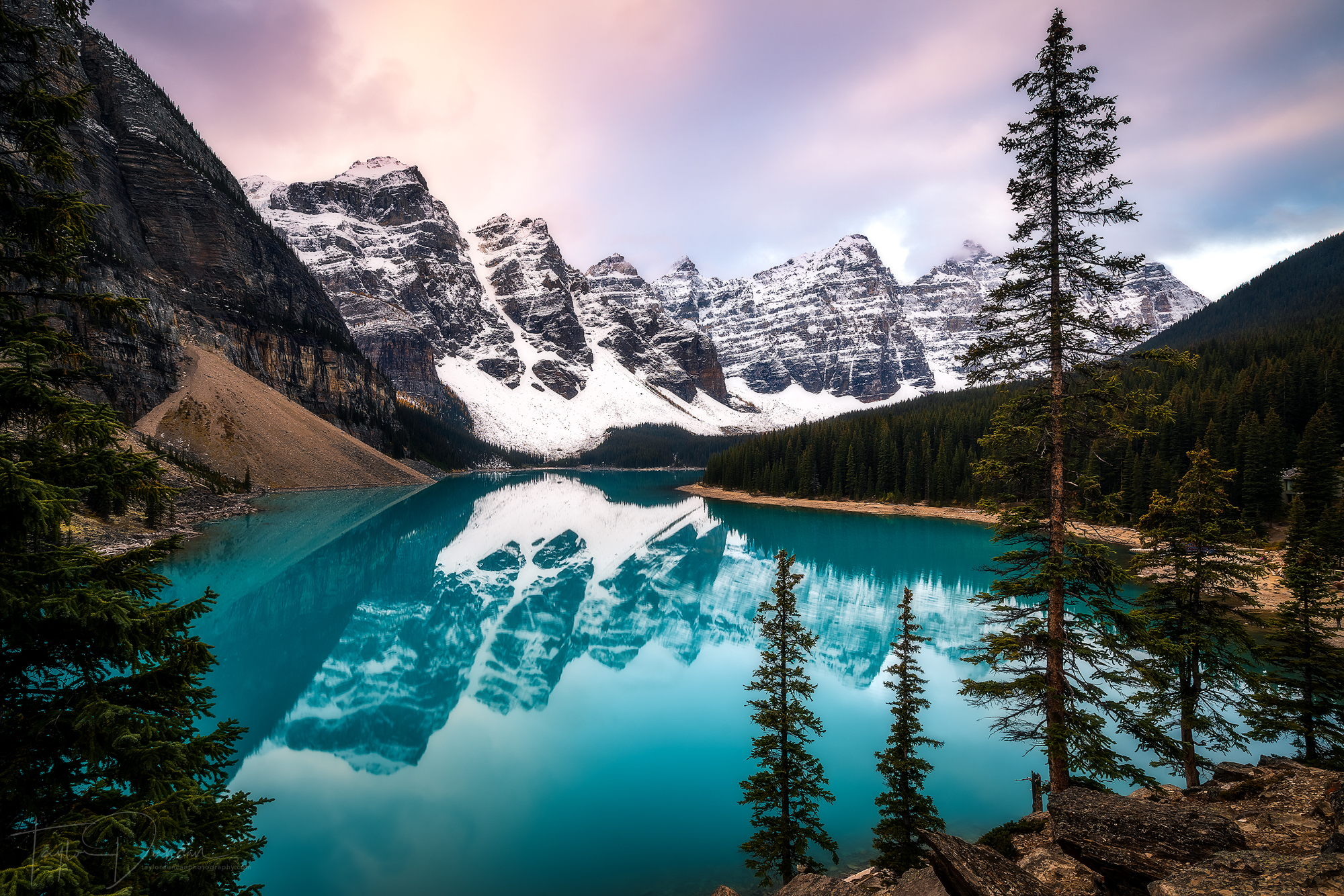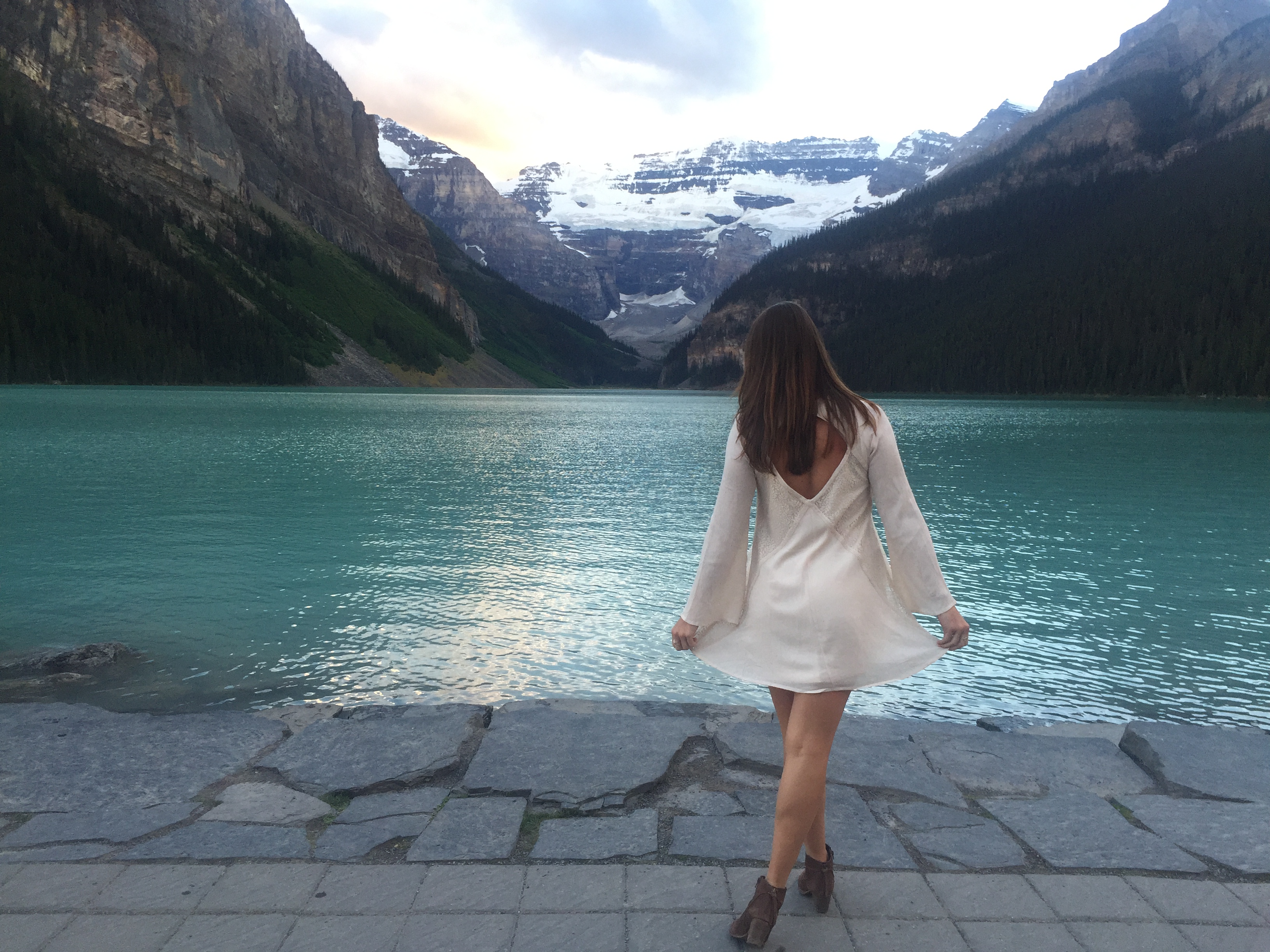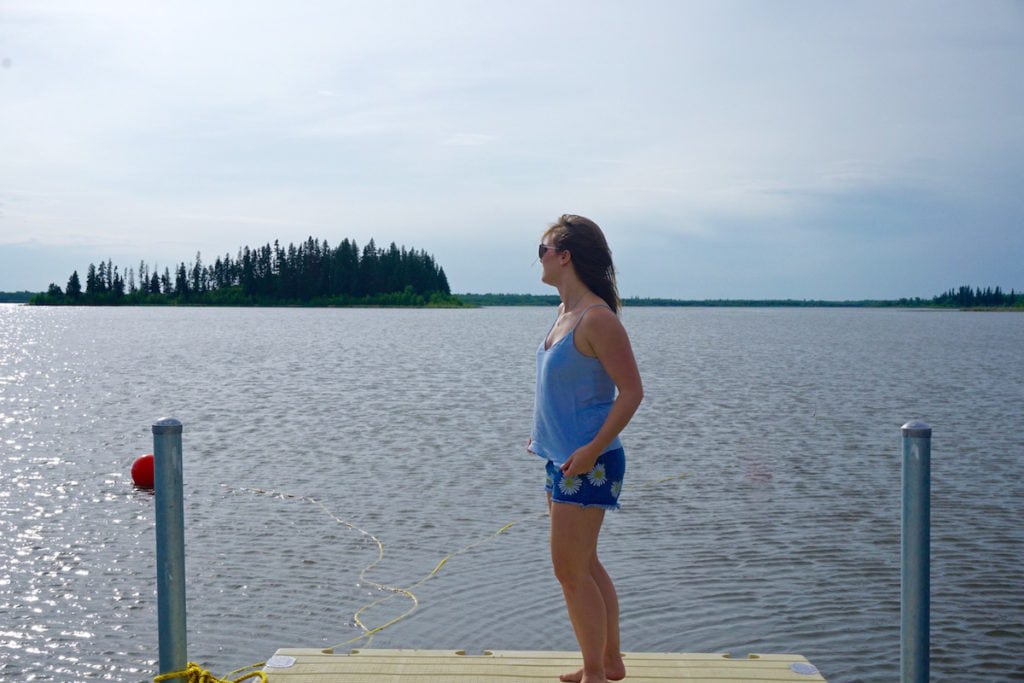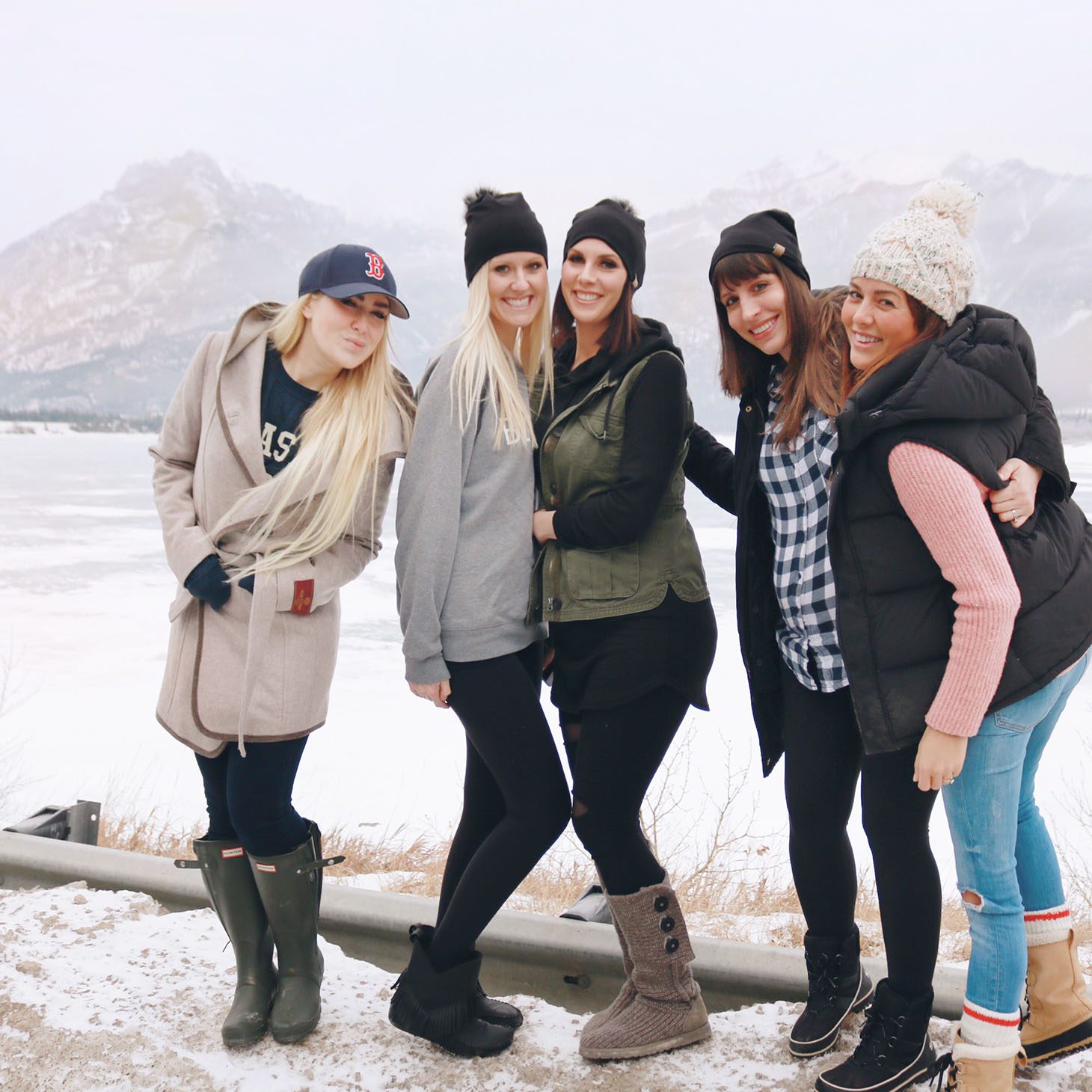Everything in this province is a National Park of some kind. These first two especially are in the big leagues of global parks, when they are operating. Accommodations for all levels of society up to the very top.
2. Banff National Park, in the Canadian Rocky Mountains, in Western Alberta, on State Highway 1. "A beautiful vacation spot, with high peaks, ice fields, and green valleys."
Banff is probably the most famous tourist destination in Canada. I remember when I was a lad my grandmother's best friend's husband was an insurance salesman type who belonged to all these clubs, the Elks, the Lions, etc, in several of which he ascended to the level of Grand Poobah. One of these societies he belonged to held their annual convention in Banff one year and he drove out there from Philadelphia, and I remember people thinking there was something outrageous in this. People are strange.
3. Watertown Lakes National Park, together with Glacier National Park across the southern border in Montana, form the International Peace Park. "Noted for its beautiful mountains, trails, waterfalls, and lakes."
It's actually Waterton Lakes. Attracts around 400,000 visitors in a typical year, most of them in July and August.
This is in the town outside the park.
4. Buffalo National Park, in eastern Alberta. "This park, established in 1908, became a part of Wood Buffalo National Park in 1922."
This park, according to Wikipedia, was closed in 1940 and converted to an army base. I am not sure why it was listed even in the 60s, as Wood Buffalo National Park has its own listing as well (#7 below).
5. Elk Island National Park, in central Alberta, 25 miles from Edmonton. "Buffaloes, elks, deer, and moose, under protection; a large recreation area for tourists."
This is a prairie park. It receives around 220,000 visitors a year, despite being 35 miles from a fairly large city. According to the internet, 3 star hotels in the area average $69, but perhaps that is due to the temporary situation.
6. Nemiskan National Park, near Lethbridge, on State Highway 4. "An area set aside for the protection of a herd of pronghorn antelopes."
As with Buffalo National Park (above) this park (called Nemiskam online) was closed (in 1947!) when the pronghorn herds rebounded, and the land "returned to general use."
7. Wood Buffalo National Park, in Northern Alberta and the Northwest Territories. "A large preserve of forests and open plains, where buffaloes, bears, beavers, moose and waterfowl live."
This is the second-largest national park in the world (the biggest is in Greenland). It's larger than Switzerland! It received just under 4,000 visitors in 2019. It is really remote. On the other hand I tend to think of everywhere in Canada as farther away than it in fact is. We have at various times discussed going to Prince Edward Island, which I have always imagined as being several days away by car through vast empty wastes of territory, but recently I looked it up on Mapquest or something and it is only nine hours from where I am, which is closer than the Washington D.C. area is, to which I drive pretty frequently.
8. Banff, a popular winter and summer resort in the Banff National Park. "Attracts mountain climbers and skiers."
The most recent news stories about Banff are about 4,000 people, mostly working in the tourist industry, being laid off due to the current crisis. But of course in normal times it is one of the hoppingest vacation spots in all of Canada.
9. Lake Louise, in the "Lakes in the Clouds" region of the Banff National Park. "A famous tourist resort; the very beautiful blue lake reflects the snowy mountains, cliffs, forests, and sky."
I take it that Lake Louise is the piece de resistance of the entire Banff National Park. It is named after Princess Louise, one of the daughters of Queen Victoria, and this has not yet been officially changed back to the Native American, or as they say in Canada, First Nations, name, which is given as The Lake of the Little Fishes. The hotel visible in the picture is the Fairmount Chateau Lake Louise, one of Canada's legendary railway hotels. The Banff Springs Hotel and the Chateau Frontenac in Quebec City are other famous members of this family.





.jpg)










No comments:
Post a Comment